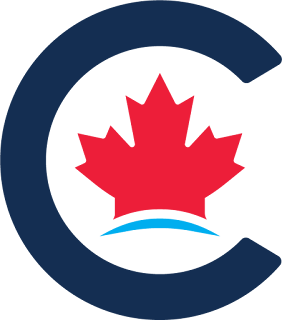Former U.S. President Donald Trump is taking credit for what he calls a “political earthquake” in Canada. In a recent interview with The Atlantic, published on the very day Canadians headed to the polls, Trump claimed his influence directly shifted the outcome of the Canadian federal election.
“Until I came along, the Conservatives were leading by 25 points,” Trump said. “Then I was disliked by enough of the Canadians that I threw the election to the Liberals.”
The comments reflect Trump’s long-standing belief in his political clout, not just within the United States but across borders. His remarks suggest that his unpopularity among Canadians—especially in liberal and centrist circles—may have galvanized anti-Conservative voters, ultimately benefiting Prime Minister Justin Trudeau’s party.
While some might see Trump’s comments as typical bravado, others point to polling shifts and campaign rhetoric that support the idea his presence in global politics had ripple effects. In the final weeks of the campaign, Canadian Liberal strategists often invoked Trump-style politics when warning voters against the Conservative alternative.
Whether Trump truly tipped the scales or simply inserted himself into the narrative, his comments have reignited debate about the extent to which American political personalities can influence democratic outcomes abroad. One thing is clear: Trump is eager to remain a central figure in international headlines—even if it means claiming responsibility for elections he didn’t run in.



















